The legislative process, in theory, brings us laws that have been robustly debated, discussed, compromised on, and perfected. But in reality, legislatures have this thing where lawmakers can often add completely unrelated amendments or riders to bills to accomplish, well, basically any pet goal they want. That’s what’s happened in Missouri this week, and now municipal broadband in the state is under fire from a law about… traffic tickets. [More]
broadband competition

More Colorado Communities Vote To Toss Restrictive State Law, Explore Municipal Broadband
Colorado is one of the 20 states with some kind of industry-friendly, public-network-blocking law on the books. But in this state, there’s a catch: instead of being blocked altogether, state law prevents communities from running service unless local voters specifically authorize it first. [More]

Telecom Market You Probably Never Heard Of Costs Consumers & Businesses An Extra $20B Per Year
There are pretty good odds your neighborhood is subject to a monopoly on broadband. It stinks and needs to change, but we’re used to it. We think about it. It’s right there every month, when we get our bills or have a crappy customer service call and still can’t switch providers even if we want to. But there’s a whole other monopoly telecom market that’s still probably costing you a couple hundred dollars a year, and it’s basically invisible to most of us. [More]

AT&T Sues Louisville To Make City Less Attractive To Google Fiber
Google hasn’t even decided whether or not it will bring its high-speed Fiber broadband and TV service to Louisville. The Kentucky city is currently listed as merely a “potential” Fiber market. But that hasn’t stopped AT&T from suing Louisville administrators in an effort to make sure that Google will have a tougher time if it chooses to launch there. [More]

Why Comcast Is Wrong To Shrug Off Latest Google Fiber Announcements
Google made two important announcements this week about upcoming Google Fiber launches in San Francisco and Huntsville, AL, indicating its willingness to be flexible about how it deploys high-speed broadband service to new markets. Given that Comcast is the dominant ISP in both of these markets, you’d expect it to be worried, but the cable colossus is shrugging off Google’s encroachment. It shouldn’t. [More]

Comcast User’s Bot Tweets At Comcast Whenever His Internet Speed Gets Too Slow
Just because you pay for a certain internet speed doesn’t mean you get it all the time. That’s just a sad fact of life: those speeds are an “up to” promise, not a “minimum guarantee” promise. But just how often is a lapse below a certain threshold acceptable? And given that internet speeds are variable, how would you make sure your provider knows? [More]

Aereo Founder Now Wants To Offer Wireless Gigabit Broadband Service
While Aereo — the startup that offered online access to freely available over-the-air broadcast TV networks — may have been gutted by a 2014 Supreme Court ruling, its founder and CEO Chet Kanojia soldiers on. His latest project: Wireless high-speed broadband for your home. [More]
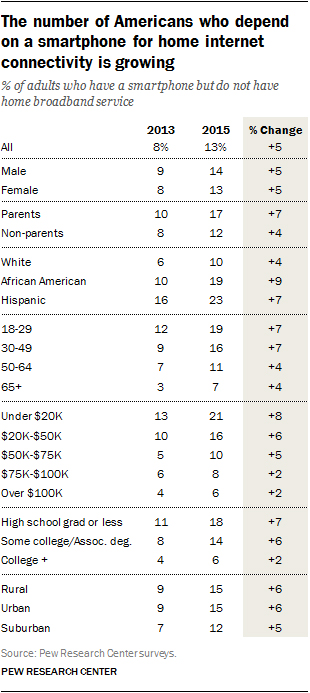
Study: Home Broadband Subscriptions Are Falling As More Americans Live By The Smartphone
There’s a general feeling in the air that mobile everything is the wave of the future. Optimized websites, streaming apps, new data packages… everything points to a continuing trend of our lives centering around the pocket computers we all carry and still anachronistically call “phones.” It’s one of those things we all “know,” anecdotally as much as anything else. But now there’s new data showing that not only is the mobile future already here, but also it’s robust enough that consumers are starting to pull the plug on their home internet connections. [More]

Colorado Voters Toss Restrictive Laws, Vote In Favor Of Allowing Municipal Broadband
Publicly-owned broadband networks can be a great alternative to incumbent ISPs like Comcast and AT&T in towns where there’s no competition, or in areas that existing providers don’t want to serve at all. Incumbent ISPs tend to like their pervasive monopoly status, though, and so they support and bankroll protectionist laws that prohibit municipalities from launching their own networks. [More]

Charter/Time Warner Cable Merger Plan Great For Everyone, According To Charter
A couple of weeks ago, the FCC collected everyone’s comments about why Charter should or should not be allowed to go through with buying Time Warner Cable and Bright House Networks in one massive merger. The next step in the process is for Charter to get to respond as to why they think the yea-sayers are right and the nay-sayers are wrong, and they submitted that response this week. [More]
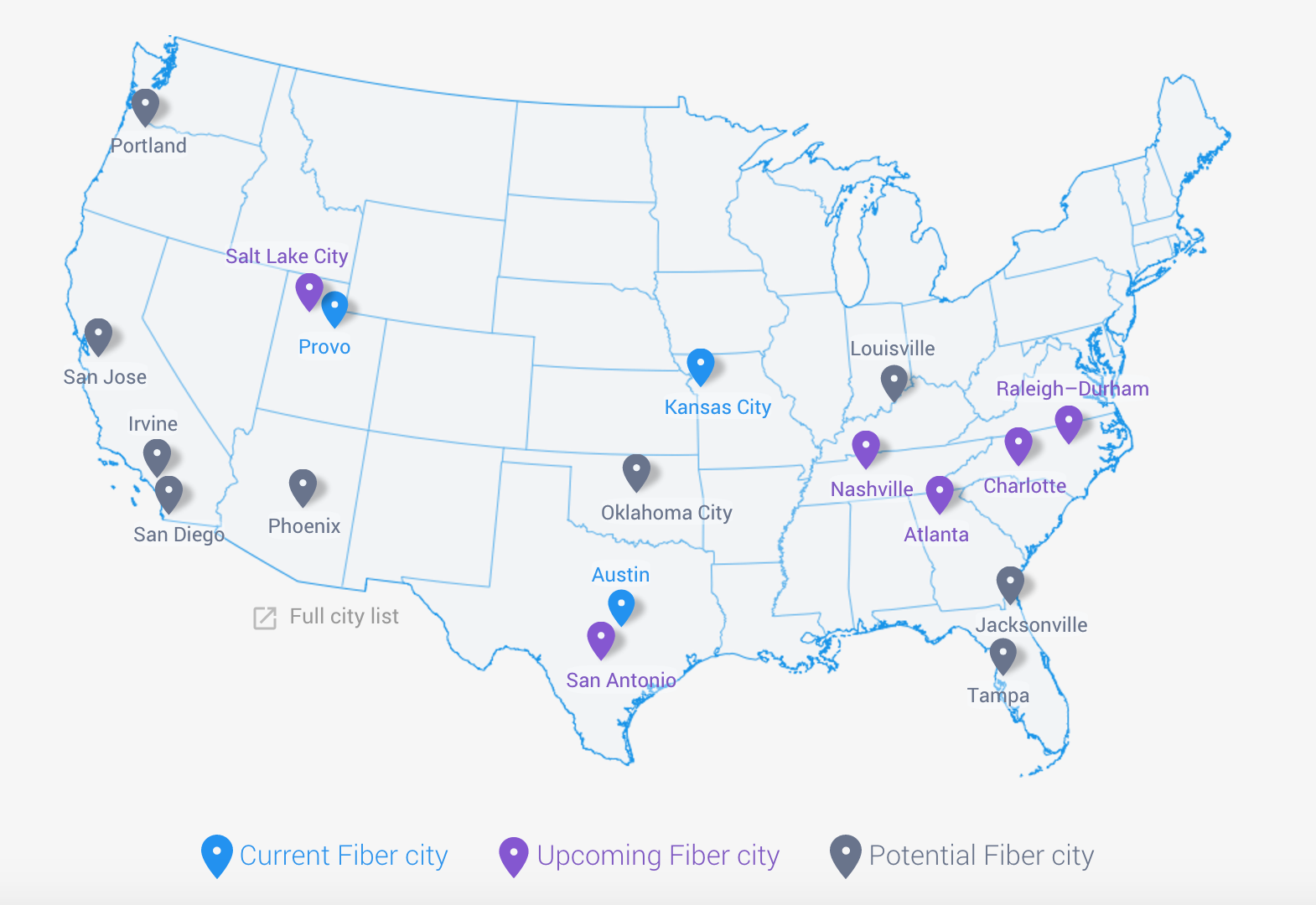
Shortlist Of Future Google Fiber Cities Keeps Getting Longer, Three More Cities Added
Broadband competition in the U.S. still stinks almost everywhere and most of us are nowhere near gigabit connections. Google, of course, is the biggest — or at least, most popular — name out there trying to change both those things at once, and they’ve announced another three locales where they might plop fiber down if all goes well. [More]
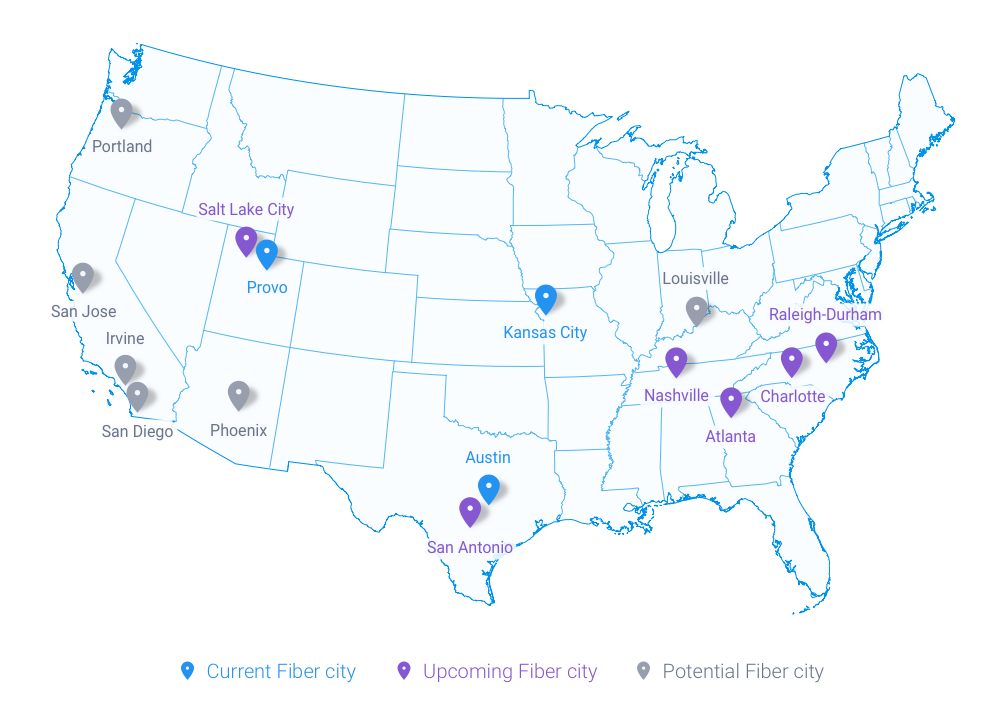
Google Fiber May Expand Again: San Diego, Irvine, Louisville Now On List
Google has once again lengthened their shortlist of cities that could someday soon see Google Fiber service. If all the plans pan out, the next expansions will come in California and Kentucky. [More]

The FCC Wants To Know How Mobile Data, Broadband Caps, And High Prices Shape Broadband Access
It’s the FCC’s job to determine if broadband internet service is reaching enough people, quickly enough and competitively enough. To make that determination, every year they issue a report looking at the current state of broadband and how it’s changed. But broadband isn’t about wires anymore; it’s about wireless data and how quickly that moves (or doesn’t), too. And so the commission is considering a big change to their standards for the next go-around — one that would take a hard look at your cell service, too. [More]

Cheaper, More Competitive Broadband: Not Gonna Happen Anytime Soon, Analyst Tells Congress
A committee in Congress yesterday held a hearing on promoting broadband infrastructure investment. That is, getting more wires put in the ground so more people can get online faster and more reliably. That’s a laudable goal that we here at Consumerist tend to cheer on. But one theme became clear from the testimonies of the assembled analysts, industry members, and local public companies who spoke: real improvement is going to be a long, ugly series of fights… and consumers are going to keep paying a lot more while it happens. [More]
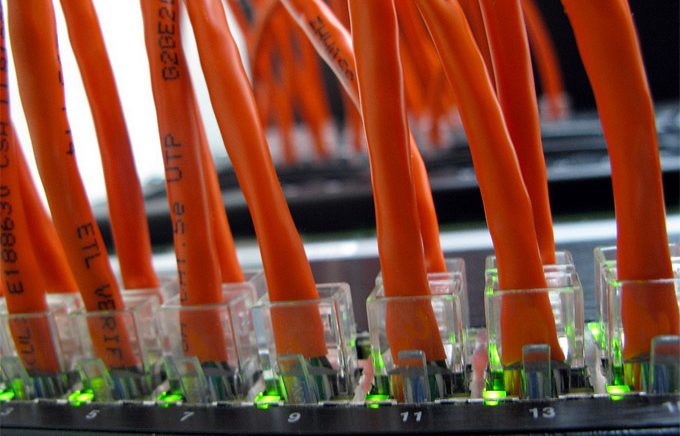
AT&T Claims 11.7M People Could Get Gigabit Fiber If DirecTV Merger Approved
AT&T and DirecTV are still hoping their mega-merger is on track for approval. While they wait, the FCC has been asking them to clarify some of their earlier statements about why this deal is a good idea for the public. And buried in those new answers is the nugget that post-merger, AT&T plans to bring fiber networks to almost 12 million customers… kind of. [More]

The Guy Who Started Tesla Wants To Shoot The Internet To You From Space
Elon Musk is kind of becoming 2015’s mad billionaire genius. Not only does he run a very successful electric luxury car company that has jumped into the electricity business, but also he has a space company, SpaceX. For the last decade, SpaceX has been working with NASA to send things (and eventually people) to the International Space Station. Now, it appears that SpaceX has a plan in mind to become a global broadband provider. [More]
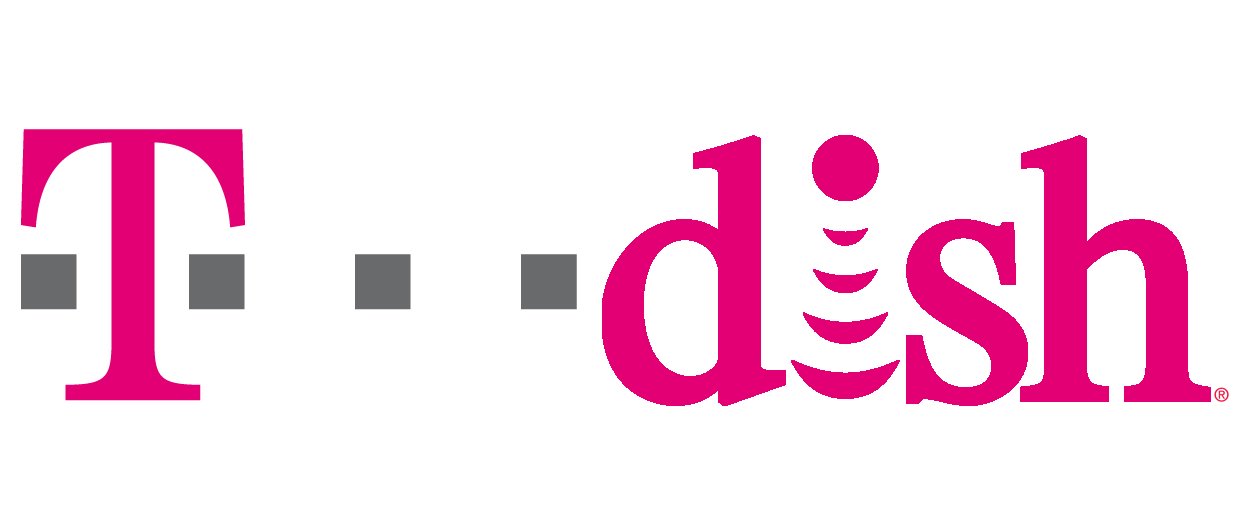
Report: Dish And T-Mobile Mulling Merger (Again)
Last fall, rumors started swirling that satellite TV company Dish Networks and mobile carrier T-Mobile were eyeing a merger. And now, many months later, it looks like the two companies may indeed be close to a deal. [More]

Why Charter Thinks Their Plan To Buy TWC Is Different Enough To Succeed Where Comcast Failed
After months of rumors, this morning it became official: Charter plans to step in where Comcast failed, with a $55 billion plan to acquire Time Warner Cable. Regulators looked unfavorably on Comcast’s bid, finding it would have too many negative effects on consumers and on competition. But Charter clearly would not be trying its own takeover, with such a huge price tag, if they didn’t think they stood a good chance of success. So what makes the second offer so different from the first — and is it any more likely to succeed? [More]


